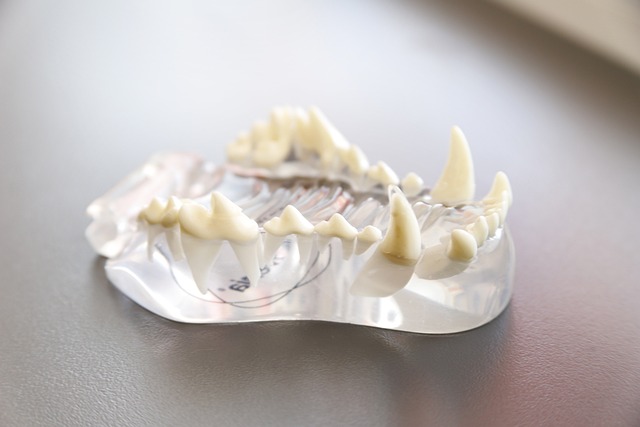
Liver Enzymes
Understanding Liver Enzymes
Liver enzymes play a crucial role in our body's overall health. These proteins are responsible for speeding up chemical reactions that are vital for processes like producing bile, breaking down food, and even fighting infections. When liver enzymes are elevated, it can be a sign that something isn’t quite right with your liver. Let’s dive into what elevated liver enzymes mean, their causes, and what you can do about it.
What Are Elevated Liver Enzymes?
Elevated liver enzymes refer to higher-than-normal levels of certain proteins in the blood. Common liver enzymes include alanine aminotransferase (ALT) and aspartate aminotransferase (AST). When these enzymes are elevated, it can indicate liver inflammation or damage. However, it’s essential to remember that elevated levels may not always point to a serious condition. Sometimes, they can return to normal within a few weeks.
Common Causes of Elevated Liver Enzymes
There are several reasons why liver enzymes may be elevated. Here are some common culprits:
- Hepatitis: This viral infection can cause inflammation in the liver, leading to increased enzyme levels.
- Fatty Liver Disease: Accumulation of fat in liver cells can lead to non-alcoholic fatty liver disease (NAFLD), a common cause of elevated enzymes.
- Alcohol Consumption: Excessive drinking can damage liver cells, resulting in higher enzyme levels.
- Medications: Some medications can affect liver function, causing temporary elevations in liver enzymes.
Symptoms to Watch For
If you have elevated liver enzymes, you might experience some symptoms. While some people may not notice any changes, others might experience:
- Abdominal pain
- Fatigue
- Dark urine
- Jaundice (yellowing of the skin or eyes)
- Loss of appetite
- Nausea and vomiting
If you notice any of these symptoms, it’s a good idea to consult a healthcare professional for further evaluation.
What to Do If Your Liver Enzymes Are Elevated
If blood tests show that your liver enzymes are elevated, your healthcare provider may recommend additional tests to determine the underlying cause. These tests could include:
- Blood Tests: Further blood tests can help identify specific liver conditions.
- Imaging Tests: Ultrasounds, CT scans, or MRIs can provide a clearer picture of liver health.
- Referral to a Specialist: Sometimes, seeing a liver specialist (hepatologist) may be necessary for more complex cases.
It’s essential to follow your provider’s recommendations and keep an open line of communication about any changes you experience.
Maintaining Healthy Liver Enzymes
Taking care of your liver is vital for overall health. Here are some tips to help maintain healthy liver enzyme levels:
- Limit Alcohol: Reducing alcohol intake can significantly benefit liver health.
- Eat a Balanced Diet: A diet rich in fruits, vegetables, whole grains, and lean proteins can support liver function.
- Stay Hydrated: Drinking plenty of water helps the liver flush out toxins.
- Exercise Regularly: Physical activity can help maintain a healthy weight and reduce fat accumulation in the liver.
Remember, your liver is a vital organ, and taking proactive steps can help keep it healthy! 🌟
Conclusion
Elevated liver enzymes can be a sign of various health issues, but with the right approach and care, many people see their levels return to normal. If you’re concerned about your liver health, don’t hesitate to reach out to a healthcare provider. They can guide you through the necessary steps to ensure your liver stays in tip-top shape!

















 Compassionate Care Veterinary Services
Compassionate Care Veterinary Services 
 Health
Health  Fitness
Fitness  Lifestyle
Lifestyle  Tech
Tech  Travel
Travel  Food
Food  Education
Education  Parenting
Parenting  Career & Work
Career & Work  Hobbies
Hobbies  Wellness
Wellness  Beauty
Beauty  Cars
Cars  Art
Art  Science
Science  Culture
Culture  Books
Books  Music
Music  Movies
Movies  Gaming
Gaming  Sports
Sports  Nature
Nature  Home & Garden
Home & Garden  Business & Finance
Business & Finance  Relationships
Relationships  Pets
Pets  Shopping
Shopping  Mindset & Inspiration
Mindset & Inspiration  Environment
Environment  Gadgets
Gadgets  Politics
Politics 